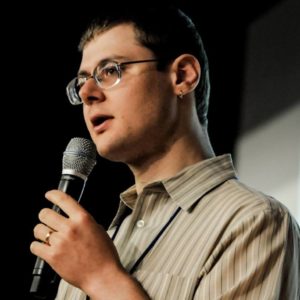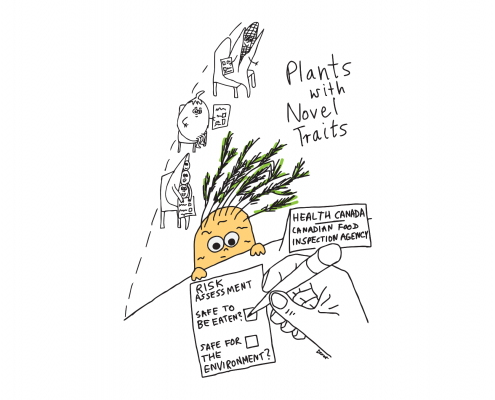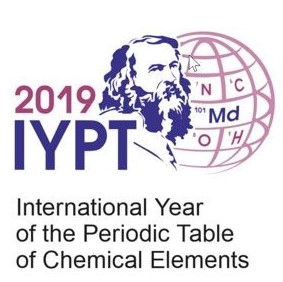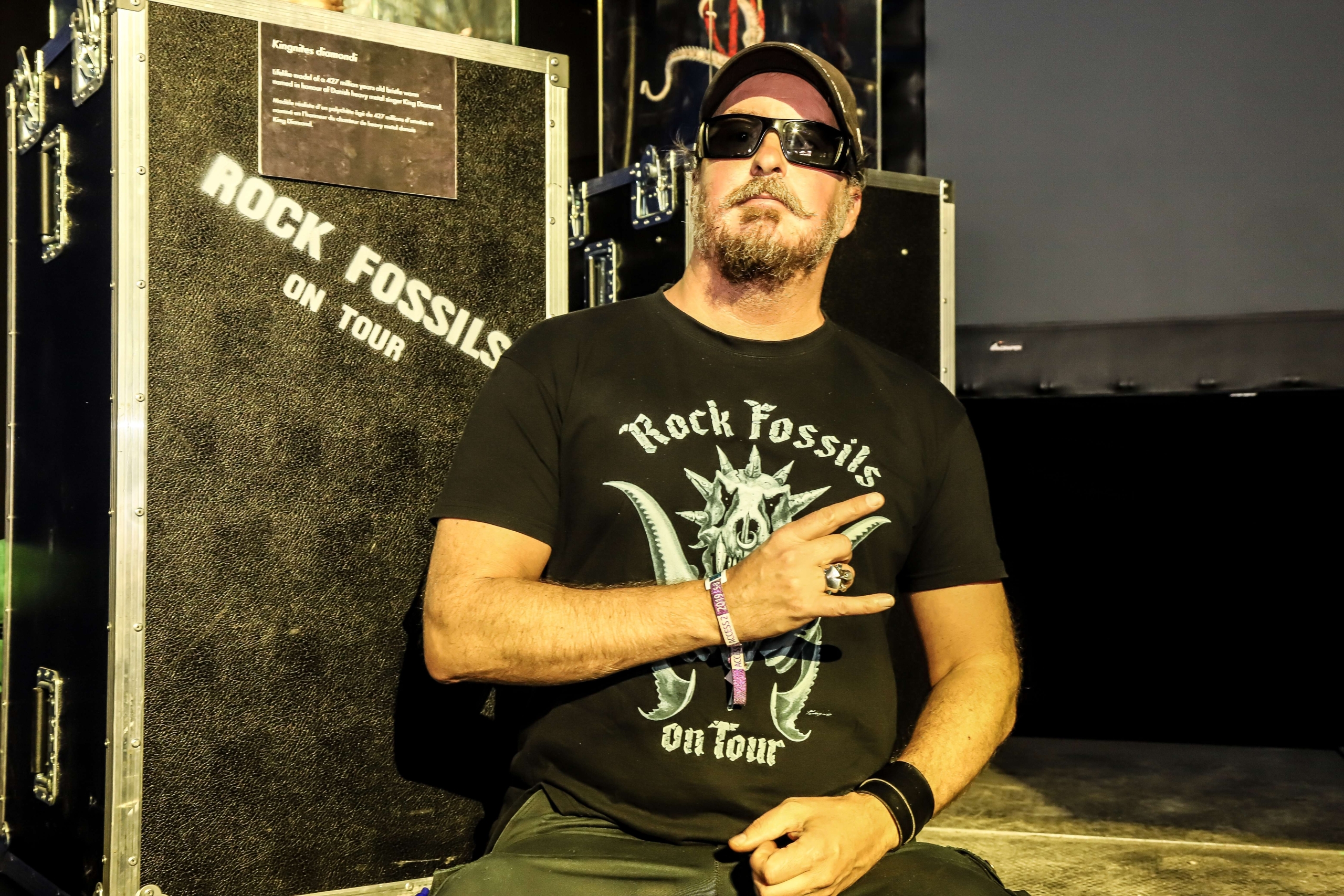Crastina is a platform for the exchange of experience, knowledge and inspiration regarding both scientific peer-to-peer communication and science dissemination
- What? An international network of (mostly young) people who love to communicate science & tech.
- Why? We think science needs to be communicated with more passion and professionalism.
- Where? On our website with interviews & resources + on social media + on Skype and IRL.
- Who? A content group (the Crew), a think tank (the Academy), + lots of friends & contacts.
- When? Right now – as a matter of fact, we’ve just geared up.

Dr Gleb Tsipursky, disaster avoidance expert: ”I was very frustrated to see all this bad decision-making.”
The increasing numbers of Science deniers in the population and political figures are a growing concern. Many have tried to discuss climate change or vaccination but were confronted with closed eyes and ears (when the discussion did not escalate…

Let’s have a productive conversation about GMO – but first, stop saying “GMO”!
This article is a part of Crastina's theme ”Approaching the Disbelievers”, written by Dorota Paczesniak
Compared to the buzz around new iPhones or electric cars, innovations in food production don’t get people excited. Instead,…

Time to Celebrate the Periodic Table with a Video Competition – an interview with Ulrika Örn
The year 2019 is designated as the International Year of the Periodic Table (IYPT). As part of the celebration, IYPT Sweden arranges an exciting video competition for schools, focusing on the periodic table. Crastina had a short interview with…


















